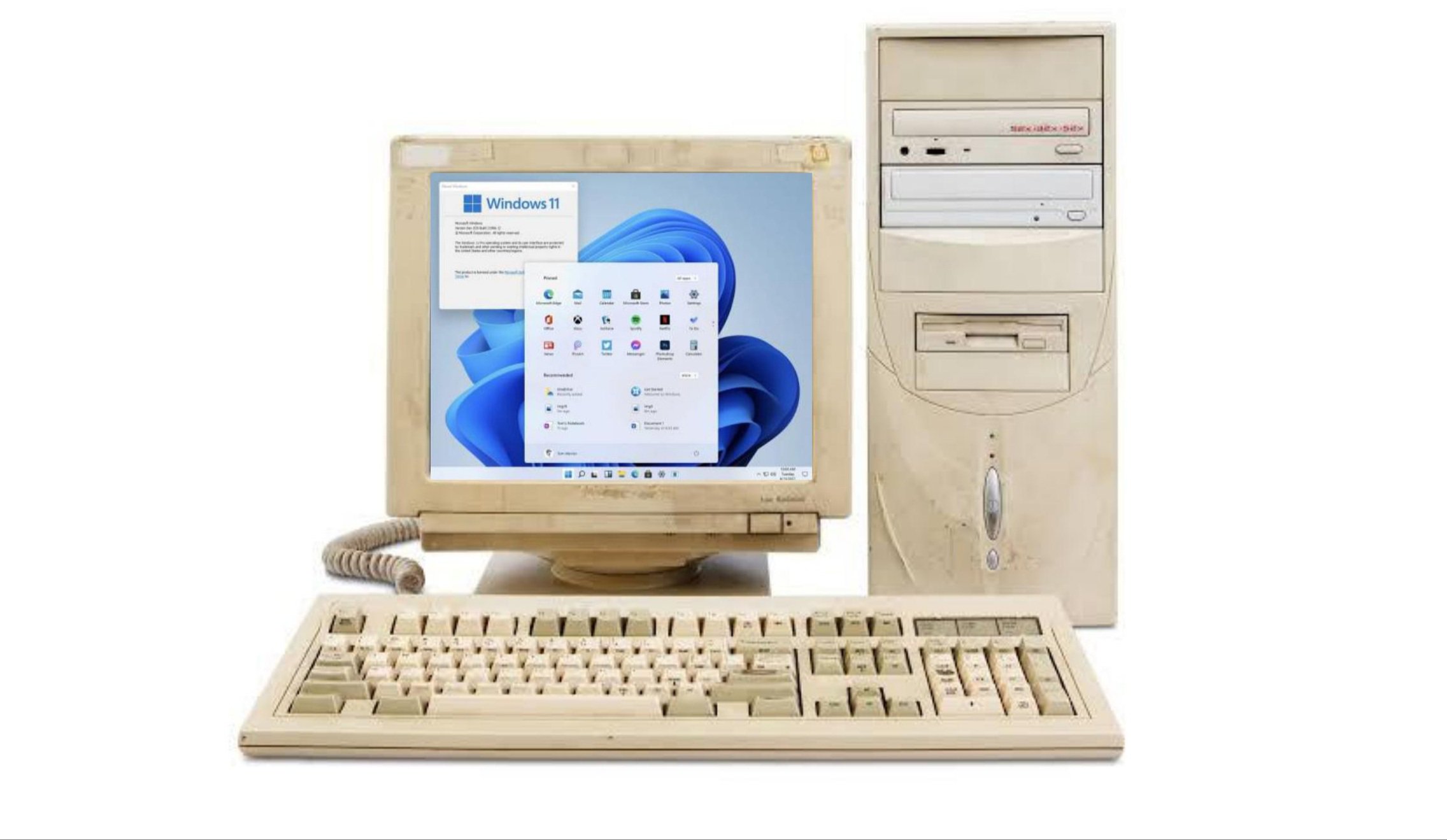Hi everyone,
I have a spare computer with a 3770k cpu, I am planning to get a motherboard for this processor. I saw a Z77 motherboard from Gigabyte that has a TPM header, UEFI, and secure boot. By the way, Gigabyte also offers add-on TPM for motherboards with header, and planning to get one. I know my CPU doesn't have the ftpm. My question is, will I be able to install Win 11 without using any bypass for incompatible hardware since I will be installing the add-on tpm on my motherboard? Or does Win 11 really requires both the CPU and motherboard to have TPMs? Thanks and looking for your input about this post.
I have a spare computer with a 3770k cpu, I am planning to get a motherboard for this processor. I saw a Z77 motherboard from Gigabyte that has a TPM header, UEFI, and secure boot. By the way, Gigabyte also offers add-on TPM for motherboards with header, and planning to get one. I know my CPU doesn't have the ftpm. My question is, will I be able to install Win 11 without using any bypass for incompatible hardware since I will be installing the add-on tpm on my motherboard? Or does Win 11 really requires both the CPU and motherboard to have TPMs? Thanks and looking for your input about this post.
My Computer
System One
-
- OS
- 10









